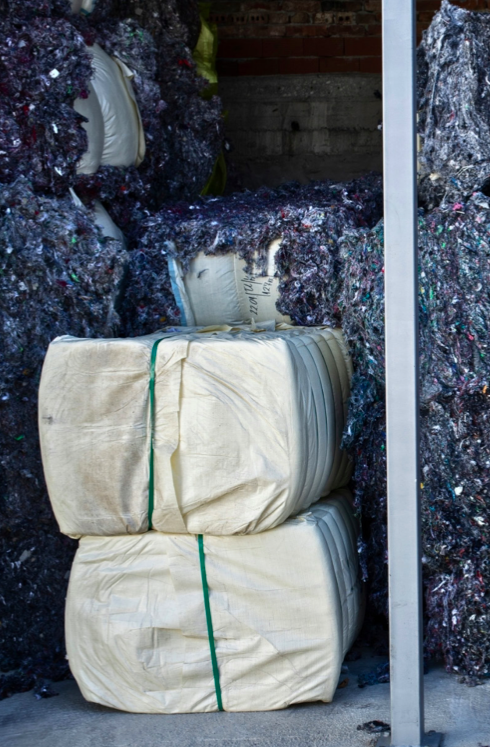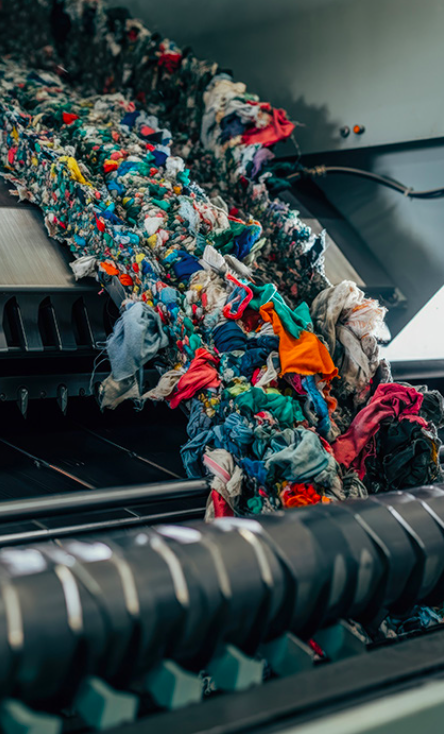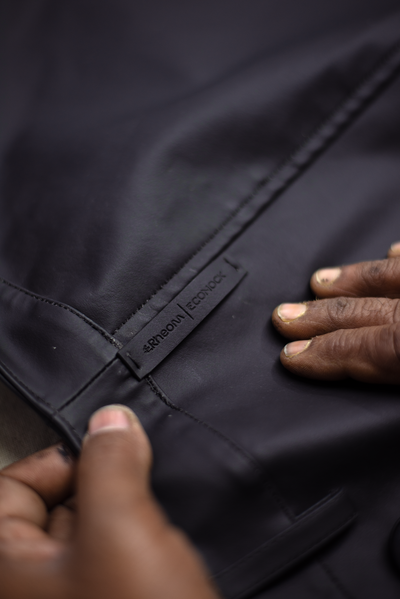The Automatic-sorting for Circular Textiles Demonstrator (ACT UK) has concluded its two-year pilot, presenting a strategic framework aimed at transforming the UK's textile waste management system. This initiative, supported by Innovate UK and led by the UK Fashion and Textile Association (UKFT), has brought together key stakeholders—including retailers, manufacturers, recyclers, charities, and academic institutions—to explore scalable solutions for textile recycling.
A central recommendation of the report is the establishment of Advanced Textile Sorting and Pre-processing (ATSP) facilities across the UK. These facilities are designed to process non-rewearable textiles, transforming them into valuable feedstock for fibre-to-fibre recyclers. The report outlines the technical, economic, and environmental case for developing such facilities, including engineering specifications and site design, with operations projected to commence by 2026.
The project also examined the role of automation in improving sorting accuracy. By leveraging advancements in textile identification and conveyance methods, the initiative aims to streamline operations and increase the efficiency of recycling processes. Trials conducted as part of the project have demonstrated the potential of UK-sourced feedstock, while also identifying technical and commercial challenges in integrating recycled fibres into existing manufacturing systems.


Furthermore, the ACT UK initiative has contributed to the development of a National Textile Recycling Infrastructure Plan. This plan provides a strategic roadmap for building domestic recycling capabilities to process the 1.3 million tonnes of post-consumer textiles generated annually in the UK. The plan addresses four key areas: building advanced infrastructure, investing in technology, developing workforce skills, and expanding market capacity to establish a strong, economically viable market for recycled textile products.
As the UK moves towards a more circular textile economy, the ACT UK project's findings and recommendations serve as a critical step in shaping a sustainable future for the fashion and textile industry. The proposed infrastructure and technological advancements offer a promising pathway to reduce environmental impact and promote resource efficiency in textile recycling.
For more detailed insights, the full ACT UK final report is available for download here. Stakeholders and industry professionals are encouraged to engage with the findings to support the transition towards a circular textile economy in the UK.






